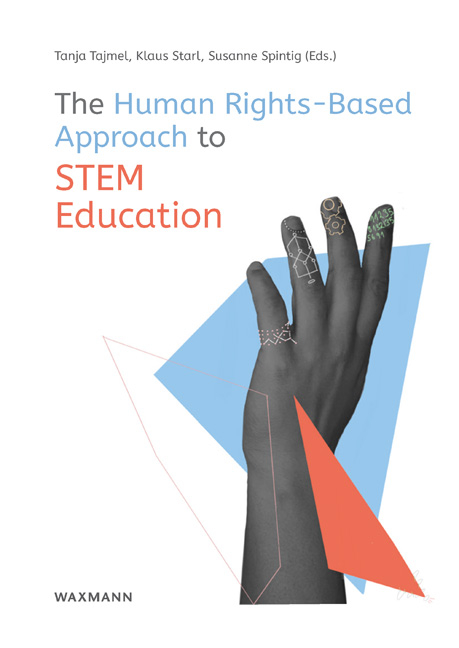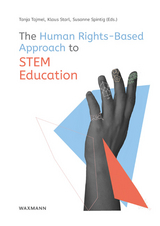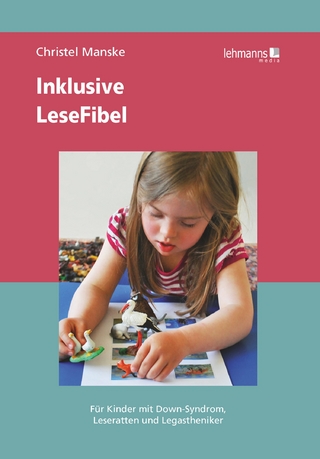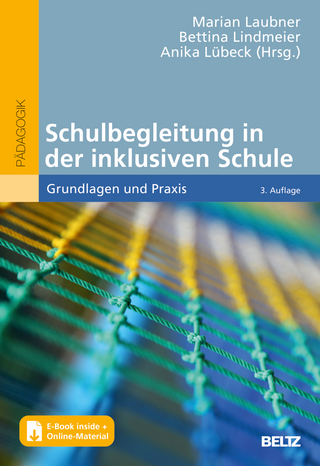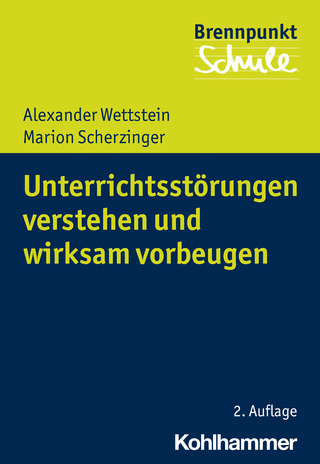The Human Rights-Based Approach to STEM Education
This volume provides the first introduction to the right to science/STEM education, with contributions from international scholars and experts from organizations, including UNESCO, and from diverse disciplines such as human rights; science education; educational studies; anti-racist and decolonizing pedagogy; feminist and gender studies in science, technology, and engineering; and management and organizational studies. The book offers both a thorough grounding in the right to education and its application in the STEM fields as well as interdisciplinary perspectives that allow for a broad understanding of the relevance of the human right to science education at all intersectional levels of STEM education and in STEM careers.Based on the Berlin Declaration on the Right to Science Education, adopted at the 1st International Symposium on Human Rights and Equality in STEM Education (October 2018), this volume suits as a textbook for university courses at the undergraduate or graduate level. It will also prove extremely valuable to researchers from a range of disciplines but, in particular, those interested in human rights, education, science/STEM education, as well as practitioners, program and curriculum developers, policy makers, educators, and, of course, the interested public.
Tanja Tajmel is Associate Professor at the Centre for Engineering in Society at Concordia University (Montreal, Canada). Since 2020, she holds a Concordia University Research Chair (Tier 2) in Equity, Diversity and Inclusion (EDI) in Science, Technology, Engineering and Mathematics (STEM) and established the EDI Research Lab. She earned her Doctorate in Didactics of Physics at Humboldt University Berlin (Germany) and holds a Mag. rer. nat. (equiv. M.Sc.) in Physics and Philosophy, Karl-Franzens-University Graz (Austria). From 2017 - 2018, she was a professor at the University of Education Upper Austria. In 2019, Tanja Tajmel was Visiting Professor at University of São Paulo. She has developed methods and materials for teacher trainings that have been implemented in training programs at universities across Europe. To promote and realize the right to science education, she has been leading international projects in Europe (PROMISE – promotion of migrants in science education; Club Lise mentorship program) and the Americas (Decolonizing Light – tracing and countering colonialism in contemporary physics).
Klaus Starl is acting director of the International Centre for the Promotion of Human Rights at the Local and Regional Levels in Graz (Austria) and has more than 30 years of experience in human rights and organisational consulting for local and regional authorities, city networks, as well as the justice sector. He holds a PhD in economics from the University of Graz. He investigates universities' role in establishing, maintaining and reinforcing human rights processes. Besides stressing the role of universities as research hubs and clearing houses needed for evidence- and human-rights-based policy making, they have the potential of academic and educational institutions to foster the establishment of a human rights culture in the city. Klaus Starl is organizing and teaching in human rights graduate programmes in Europe, Asia-Pacific, Africa, South-East Europe, Caucasus, Latin-America and the Caribbean and the Arab region how universities can contribute to promoting human rights in cities.
Susanne Spintig is a programme coordinator at the Centre for Transdisciplinary Gender Studies at Humboldt University Berlin. Since 2008 she is Director of Club Lise mentoring in Germany. She holds a Mag. (equiv. Master’s) in Communication Studies and Sociology from Technical University Berlin, and an M.A. in Gender and Diversity Studies from Free University Berlin. She developed a framework for diversity mentorship that was applied to the Club Lise program. In 2011, she initiated the Lise Mentoring Network with the aim to provide a space for exchange to share experience with and knowledge about diversity concepts for mentoring relationships in theory and praxis. At the Centre for Transdisciplinary Gender Studies, she leads the Gender Studies mentoring program where she implements the developed and tested concepts.
| Erscheinungsdatum | 22.09.2021 |
|---|---|
| Sprache | englisch |
| Maße | 170 x 240 mm |
| Gewicht | 420 g |
| Themenwelt | Sozialwissenschaften ► Pädagogik ► Schulpädagogik / Grundschule |
| Schlagworte | Didactics • Global • Human Rights • Lehrerbildung • Menschenrechte • nachhaltig • school • Schulpädagogik • science education • Sustainable • Teacher • UNESCO |
| ISBN-10 | 3-8309-4220-6 / 3830942206 |
| ISBN-13 | 978-3-8309-4220-7 / 9783830942207 |
| Zustand | Neuware |
| Haben Sie eine Frage zum Produkt? |
aus dem Bereich
